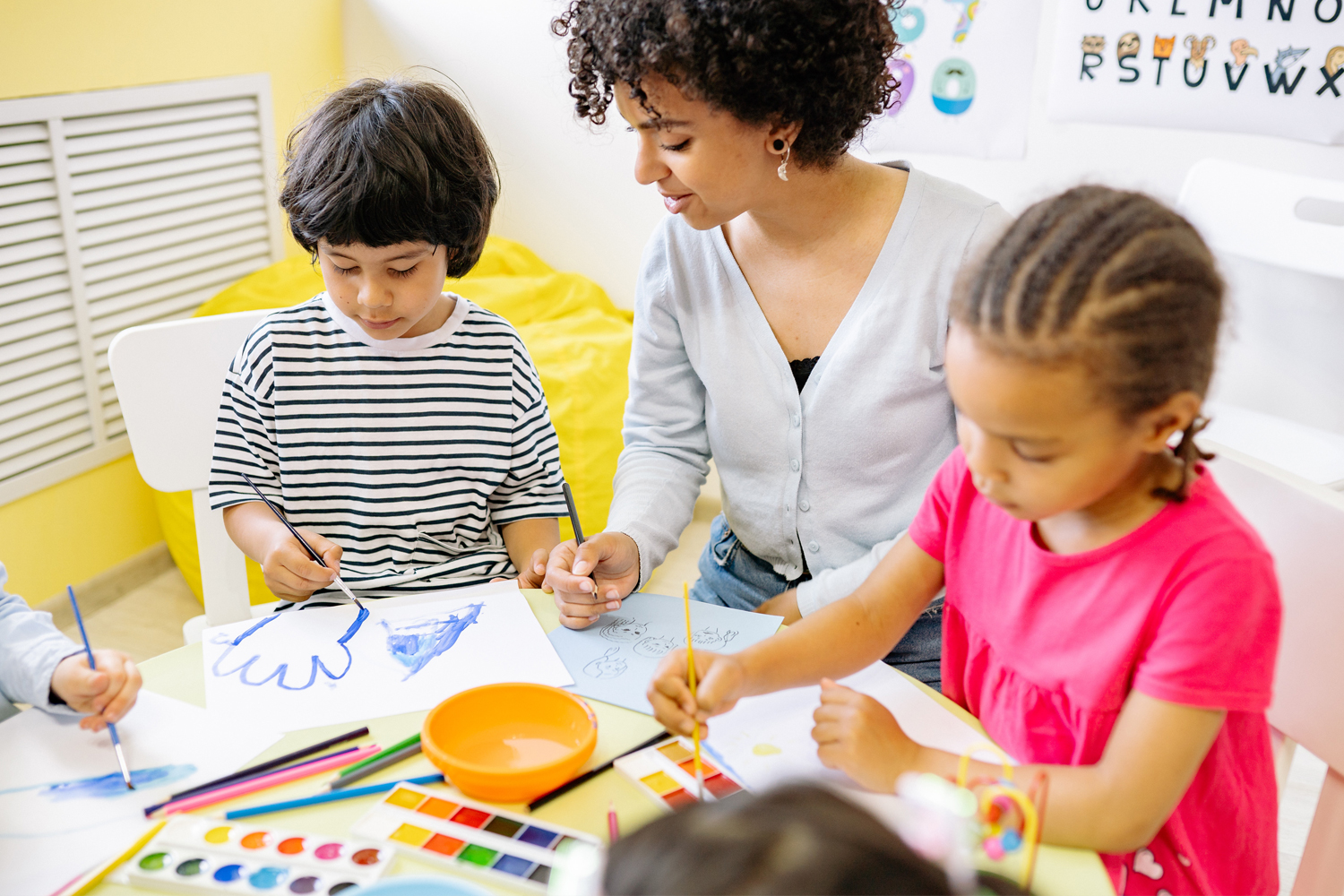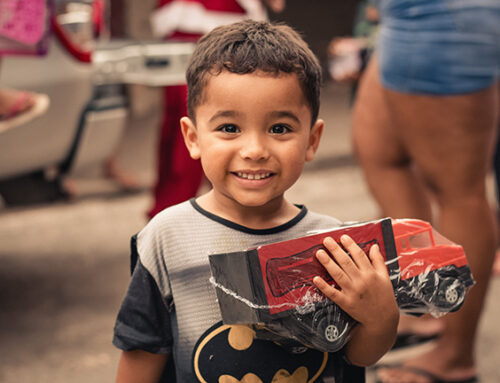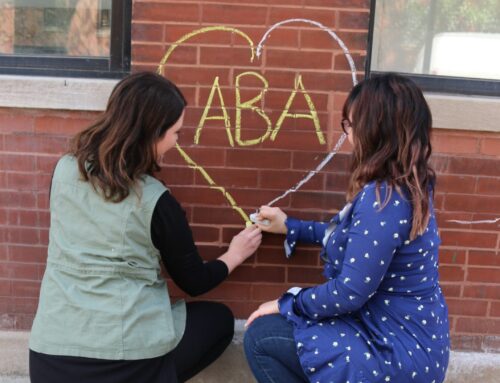Children watch everything we do. The way we treat others and how we interact with others in public and private spaces forms a mold for them to follow. Social skills are learned skills and must be learned from others. Saying ‘please’ and ‘thank you’, treating each other with kindness and patience, sounds simple right? However, there is so much more to it than that. These skills may be very challenging to learn and there are many ways we equip children to be successful in social situations.
What exactly does the development of these skills do?
- Communication & Active Listening
- Problem-Solving (Conflict Resolution)
- Self-Management (taking responsibility for our own actions and behavior)
- Decision Making
- Building Peer Relationships
Teaching social skills is much like building a house; we first need to start with a foundation to build upon. If we break social skills down to the foundation, we have three important skills:
- Physical – ex: understanding of appropriate space from peers, eye contact, understanding of emotions through body language and facial expressions
- Verbal – ex: initiation of social situations, turn taking during play and conversation, staying on topic
- Thinking – interpreting and responding to emotions, behaviors, and thought of others

Each of these skills varies within every person we encounter. They are best learned through play and being exposed to many social situations. By playing games, children are taught how to gain attention of other in an appropriate way, initiation of play, rules, turn taking, along with being fair when winning or losing. Language skills, such as requesting for a turn all the way up to conversation during play, are learned during game play. Children learn how to encounter and navigate disputes with peers during play and to maintain appropriate physical behavior during these interactions.
There are many benefits to game play besides learning social skills. Children will also be exposed to fine and gross motor skills that will allow them to further their options in future social skills engagements. During play we must model appropriate interactions, support them with any challenges of verbal communication, challenge them to respond on their own, provide feedback, and supply alternative responses to scenarios.
Teaching social skills to children cannot be done overnight. It will require exposure and practice, practice, practice. No matter your age, you are still learning social skills and practicing them daily. LeBron James did not acquire his basketball skills within a year, five years, or ten years. He had coaches who helped him break down his skills and to provide feedback on how to improve. He used drills and practices with others to grow his skills. He has worked on them tirelessly every day, and still does to this day to ensure he is the best he can be. This is how we must approach teaching social skills, because that is exactly what it is, a skill. Providing opportunities and support will help your child flourish in the many social situations they will encounter throughout life.

Blue Bird Day fosters socialization, sensory regulation, and pre-academic learning in children ages 2-7 years in therapeutic rotations that simulate preschool and kindergarten settings. Our compassionate therapists practice a relationship-based and family-centered approach, provide parent training, and collaborate on goals and individualized intensive treatment plans for your child.
We believe in a collaborative and multi-disciplinary team approach to therapy. A team of occupational therapists, speech-language pathologists, dietitians, developmental therapists, behavioral therapists, physical therapists, and therapeutic assistants are created for each child to ensure child and family are fully supported and the best possible results are achieved.
Options for individualized, group and virtual therapy sessions are available as well.
Want to learn more or you have a specific question? Feel free to connect with us here!



